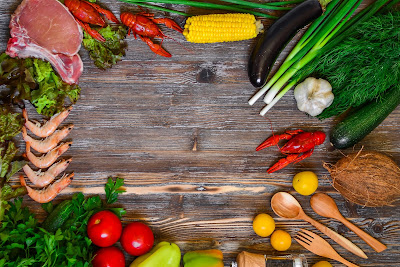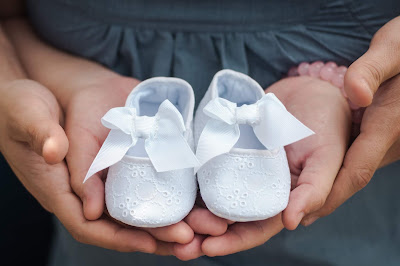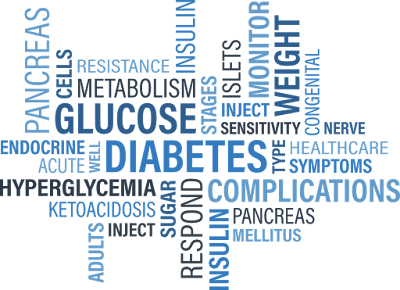Diet in pregnancy
You probably know that the old adage that you’re eating for two during pregnancy is not true in relation to energy and staying healthy. On average you only need an extra 200 calories each day in the final three months. Of course this depends on your weight at the beginning of pregnancy. Women who are underweight at the start can afford to put on more weight, and women who are overweight do better if they only gain a smaller amount.
Pregnancy is certainly not a time to lose weight but you can think of it as a time to increase the nutritional value of your diet and cut down on the junk. Healthy eating during pregnancy can make a big difference to you and your baby. You may find that three smaller meals and two snacks a day help to reduce nausea in early pregnancy and to maintain your energy levels. This can also help towards the end of your pregnancy when there is less room in your stomach.
Folic acid and vitamin D are two important nutrients that are recommended as supplements for every woman in pregnancy. See our blog iron deficiency anemia.
Food groups
Foods from different food groups all work towards creating a healthy baby. The main food groups are:
- Fruit and vegetables. Most are good sources of essential nutrients and fibre so at least five portions are an important part of any healthy diet and even more so when you're pregnant. Green, leafy vegetables such as broccoli, spinach and Brussels sprouts are especially good sources of folic acid, vitamin A and useful minerals such as iron. Fibre also helps to prevent constipation which is common during when you are pregnant.
- Carbohydrates such as bread, potatoes, pasta, rice, chapatti, cereals and other starchy foods. Wholegrain varieties have more vitamins, minerals and fibre.
- The main sources of protein include: meat, fish, eggs, beans, nuts and other non-dairy sources such as soya and Quorn.. Most of us eat more protein than we need, so don’t have to increase the amount when you are pregnant. However these foods are often good for iron, zinc and other useful nutrients. Fish is important for omega-3 fatty acids.
- Milk and dairy products (but not butter) contain protein and vitamins as well as calcium which is important for babies bones and teeth. If you can’t have dairy, alternative sources of calcium include tinned fish with bones, fortified soya milk, tofu, almonds, sesame seeds, broccoli and pulses such as baked beans.
Healthy Start
Healthy Start is a government scheme which provides vouchers to pregnant women on a low income and all pregnant women under 18 to buy some basic healthy foods such as: milk, fruit and vegetables. You can also receive free vitamins. Further information on the scheme can be found in our article ‘Financial support for parents on a low income’.
Healthy snacks in pregnancy
You may find yourself feeling hungry between meals and tempted to snack on foods which are high in fat and/or sugar. If you have something else available, you may find it easier to avoid this temptation. You could try these healthy snacks during pregnancy:
- Low sugar breakfast cereal or rice cakes
- Salad vegetables such as tomatoes, carrot sticks, celery,
- Low-fat yogurt or fromage frais
- Hummus and bread or vegetable sticks
- Ready to eat dried fruits
Pregnancy sickness




Comments
Post a Comment